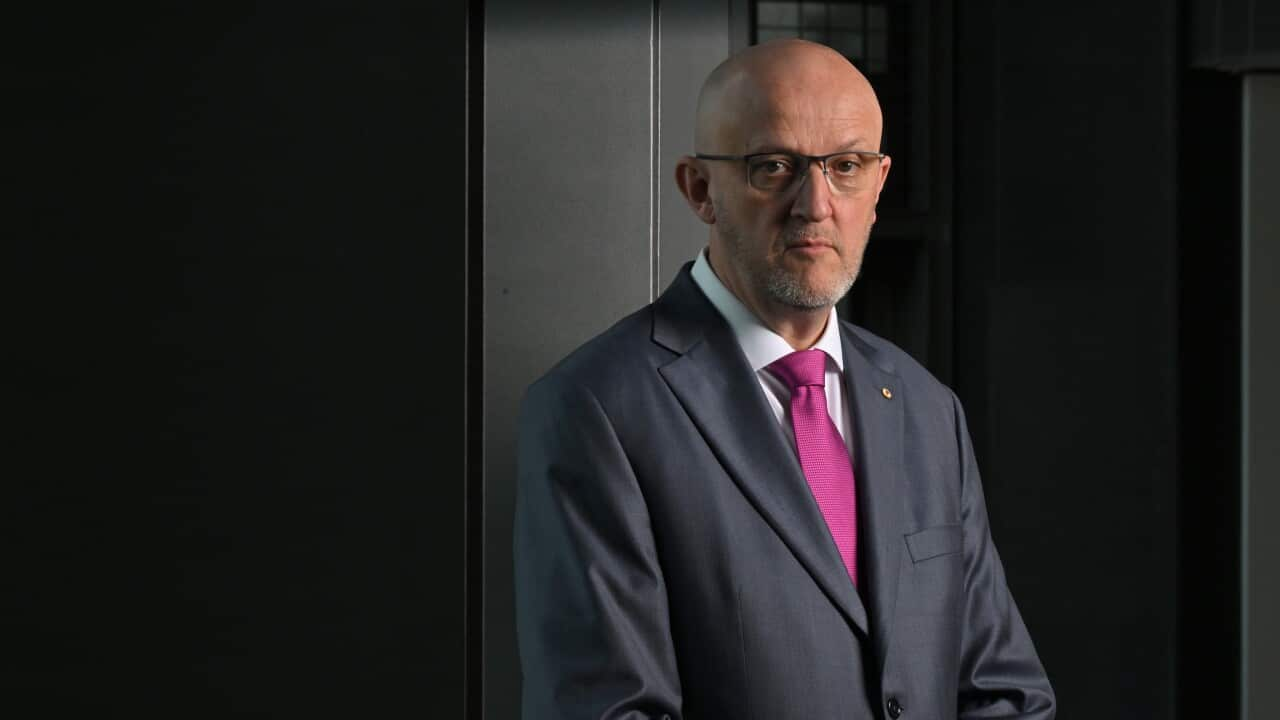A 12-year-old allegedly wanted to blow up a place of worship, Australia’s top spy has said, as he warned radicalised minors are as much of a “credible terrorist threat” as adults.
ASIO director-general Mike Burgess spoke of other “sad and sobering” cases including minors allegedly sharing beheading videos in a school courtyard, and a 17-year-old said to have watched Nazi propaganda and writing an antisemitic slogan on a classroom wall.
He warned of “nationalist and nationalist and racist violent extremists” taking part in offensive and high-profile acts to bolster support and generate publicity in a wide-ranging annual threat assessment delivered on Wednesday.
In his speech, Burgess also said:
– A foreign intelligence service had plotted to lure an Australia-based human rights activist to a third country where they would be the victim of a purported “accident”
– At least three nations have plotted to harm people in Australia
– The war in the Middle East hadn’t inspired terrorism in Australia but had exacerbated division, elevated intolerance and undermined social cohesion
– This, in turn, is making acts of politically motivated violence more likely.
The terrorism threat in Australia was raised in 2024 to probable, and Burgess said it was unlikely that it would be lowered in the near future.
“I remain concerned about young Australians being caught up in webs of hate, both religiously and ideologically motivated,” he said, revealing the median age at which minors are first subject to ASIO investigation is now 15.
Foreign regimes and authoritarian nations continued to monitor, harass, intimidate and force cooperation from people in Australia.
At least four countries have plotted forced repatriation — where people in Australia are coerced or made to return to their country of birth where they can face persecution.
It contributed to a culture of fear within diaspora communities, Burgess said.
A dual-Australian citizen living in Australia “endured constant pressure from his former country’s authorities to return to face historical allegations”.
“After he refused, the authorities began a campaign to break his will,” Burgess said.
Some authoritarian regimes were becoming more brazen and aggressive while other countries had “all but given up trying to harass members of their diaspora here”.
“Others have stopped their spying, for now at least,” he said.
The war in the Middle East hadn’t inspired terrorism in Australia but had exacerbated division, elevated intolerance and undermined social cohesion”, which made politically motivated violence more likely, Burgess said.
The normalisation of violent protesting and intimidation increased the likelihood of violent acts, which was something the Jewish community was experiencing, he said, amid rising antisemitic attacks.
“I am concerned these attacks have not yet plateaued.”
